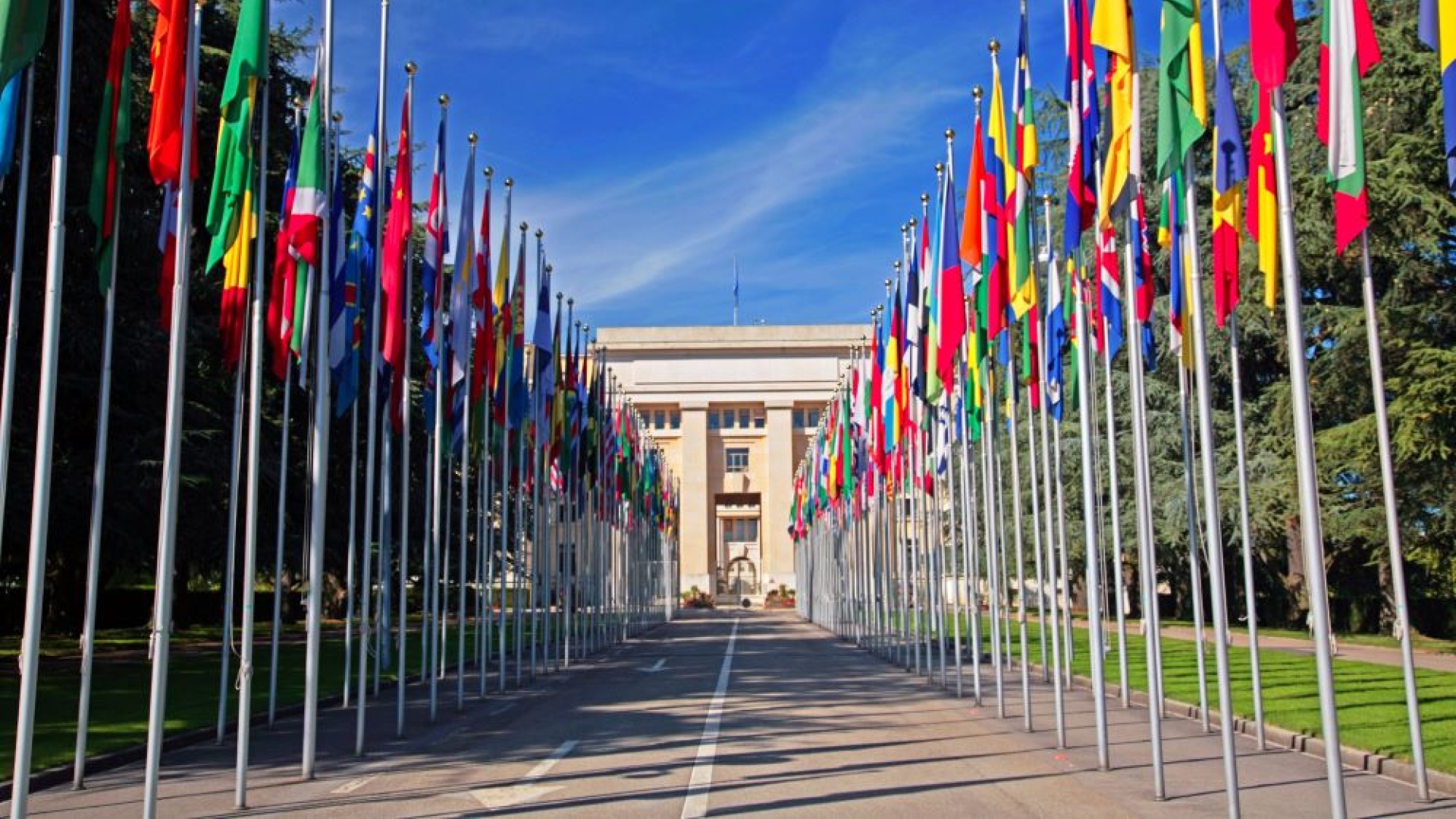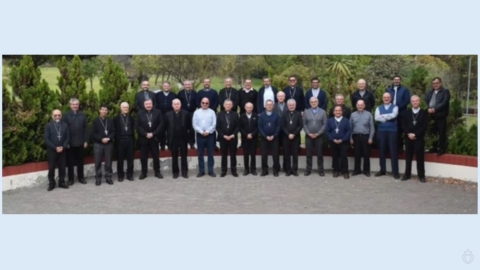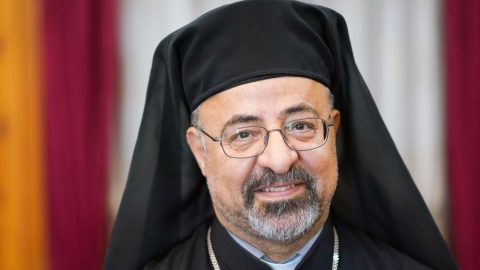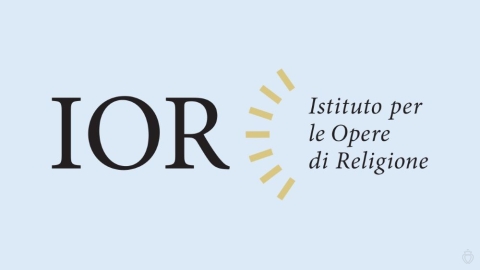UN: Report Targets Christian Doctrine as Discriminatory

United Nations Palace in Geneva
This Wednesday, June 21, 2023, the UN examined the Madrigal report, named after its author, the Costa Rican expert in SOGI (Sexual Orientation and Gender Identity), on how the exercise of religious freedom is used to violate LGBT rights.
The Human Rights Council addressed, at its 53rd session in Geneva, the “perceived contradictions” between freedom of religion or belief and protection against violence and discrimination based on sexual orientation and gender identity.
Progressively inspired, the Madrigal report asserts that our religious beliefs violate LGBT rights. The independent expert targets “religious narratives” that “suppress sexual and gender diversity and promote heteronormative norms.”
It was outraged that these stories have “historically been used to promote, enable, and condone institutional and personal violence and discrimination against individuals based on sexual orientation or gender.” It also claimed that “this has resulted in a variety of reinforced discriminatory normative constructs over time.”
Madrigal-Berlioz goes on to state that “exploratory evidence (…) suggests that many of the anti-LGBT attitudes emerging today in certain streams of religious belief systems are of relatively recent origin.”
And he welcomes the fact that “even within these faith traditions, many faiths today have embraced (or re-embraced) LGBT identities and regard freedom from SOGI-based violence and discrimination as a core principle of their faith.
The aim of the final report will be to “provide legal and policy elements” on how LGBT rights and freedom of religion or belief (FoRB) relate to each other.
It will also make recommendations for States and other stakeholders to fully comply with their obligations under international human rights law to protect and empower LGBT people to pursue happiness, to exercise and enjoy all of their human rights.
The Institute for Religious Freedom (RFI) is one of the organizations that responded to the call for contributions. “SOGI policy supporters tend to label any refusal to affirm SOGI expressions or behavior as ‘discrimination.’ Therefore, this policy can be used very broadly against religious people and institutions,” RFI wrote.
The UN should therefore be cautious before “giving this policy international legal expression” because “when SOGI policy is enacted, it often permits the use of governmental coercion against dissenting religious individuals and institutions, putting their religious freedom in jeopardy.”
This report could lead governments to interfere in religious affairs by advocating the prohibition of “conversion therapy” or by requiring the celebration of same-sex marriages. This situation, which might have seemed impossible just a few years ago, is beginning to take shape.
(Sources : Evangelical Focus/Valeurs Actuelles – FSSPX.Actualités)
Illustration : Photo 10491375 © Britvich | Dreamstime.com





